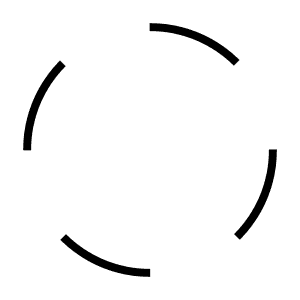
Totally beautiful and rare piano performance from Loren Connors, joined on guitar by long time collaborator Alan Licht. Celebrating thirty years of collaboration, Loren Connors and Alan Licht performed for two nights at OTO on May 5 and 6th, 2023. On the second night, with the stage lit in blue, Connors took up a seat on the piano stool whilst Licht picked up the guitar. What followed was the duo’s first ever set with Connors on piano - one of only a few times Connors has played piano live at all - here captured and issued as The Blue Hour. Its spacious warmth came as a total surprise live, but makes complete sense for a duo whose dedicated expressionism takes inspiration from a vast spectrum of emotion. Both opening with single notes to start, it doesn't take long before a surface rises and begins to shimmer. A run up the keys, the drop of a feedback layer on a sustained and bent note. The two begin to exchange notes in tandem and brief touches of melody and chord hover. After a while, Connors picks up the guitar, stands it in his lap and sweeps a wash of colour across Licht’s guitar. Sharp, glassy edges begin to form, open strings and barred frets darkening the space. When his two pedals begin to merge, Licht finds a dramatic organ-like feedback and it’s hard not to imagine Rothko’s Chapel, its varying shades of blue black ascending and descending in the room. When Connors goes back to the piano for the second side, the pair quickly lock into a refrain and light pours in. It’s a kind of sound that Licht says reminds him of what he and Connors would do when the duo first started playing together 30 years ago. It’s certainly more melodic than some of their more recent shows, and the atonal shards of At The Top of the Stairs seem to totally dissolve. What is always remarkable about Licht is that his enormous frame of reference doesn't seem to weigh him down, and instead here he is able to delicately place fractures of a Jackson C Frank song (“Just Like Anything”,) amongst the vast sea of Connors’ blues. Perhaps it's the pleasure of playing two nights in a row together, or the nature of Connor’s piano playing combined with Licht’s careful listening, but the improvisation on The Blue Hour feels remarkably calm and unafraid. There’s nothing to prove and no agenda except the joy of sounding colour together. Totally beautiful. --- Recorded live at Cafe OTO on Saturday 6th May 2023 by Billy SteigerMixed by Oli BarrettMastered by Sean McCannArtwork by Loren Connors Layout by Oli BarrettScreenprint by Tartaruga Manufactured in the UK by Vinyl Press. Edition of 300 standard LPs, 100 LPs with screenprinted artwork by Loren Connors printed as inserts. Also available on a limted run of 200 CDs.

Loren Connors & Alan Licht – The Blue Hour
















